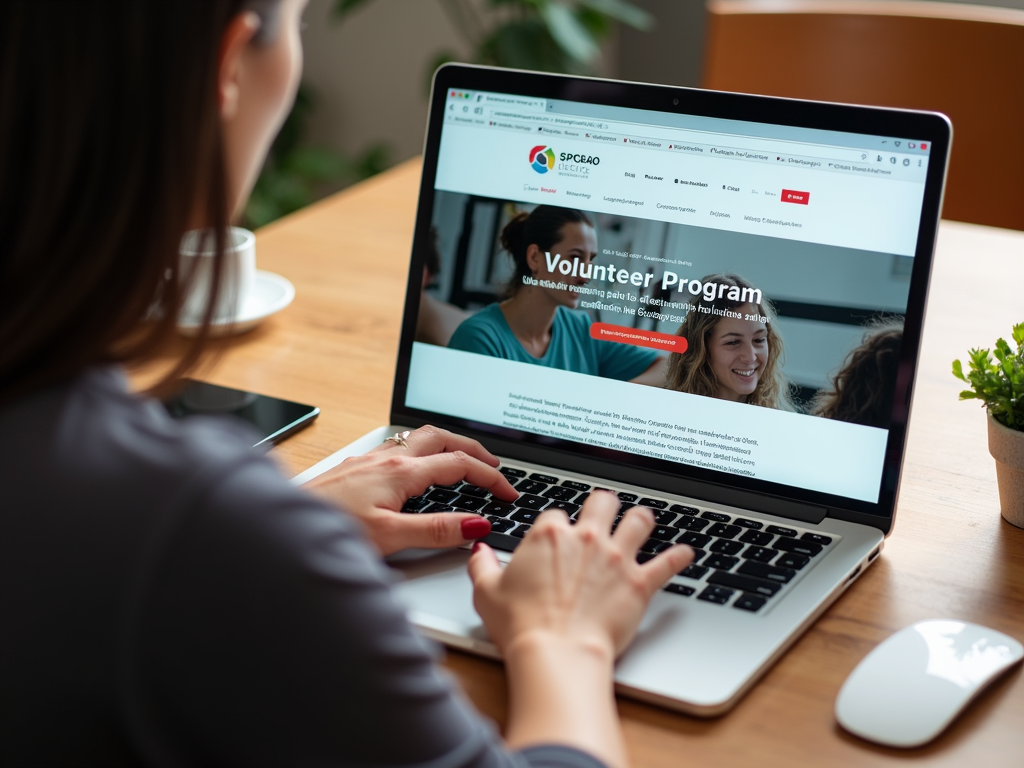Volunteer Abroad and Learn a Language: A Comprehensive Guide
By , May 10, 2025
Overview
Volunteering abroad while learning a language is an incredible way to grow personally, immerse yourself in a new culture, and make a difference. This article covers the benefits, challenges, and actionable tips to help you succeed in your international volunteering journey.

Benefits of Volunteering Abroad and Learning a Language
Volunteering abroad offers a unique chance to dive into a new culture while helping others. Adding language learning makes it even more rewarding. Here’s why it’s worth it:
- Cultural Immersion: You’ll live and work among locals, experiencing their traditions and daily life up close.
- Language Acquisition: Surrounded by native speakers, you’ll pick up the language faster through real conversations.
- Personal Growth: Facing new challenges builds confidence and resilience, shaping you into a more adaptable person.
- Career Boost: Employers value the skills you gain, like cultural awareness and problem-solving.
- Connections: You’ll meet volunteers and locals, forming bonds that can last a lifetime.
During my time volunteering in Spain, I taught English while learning Spanish. The kids I worked with taught me slang and local phrases, and I gained a deep respect for their culture. It was a game-changer for my career too.
A study from the University of California, Berkeley shows that immersion programs like volunteering abroad significantly boost language skills compared to classroom learning.

Challenges and How to Overcome Them
International volunteering isn’t always easy. Here are common hurdles and how to tackle them:
- Language Barriers: Speaking a new language can feel intimidating. Start learning basics before you go with apps or classes. Once there, practice daily—locals usually appreciate the effort.
- Cultural Differences: New customs might throw you off. Research the culture beforehand and stay open to adapting.
- Homesickness: Missing home is normal. Keep in touch with loved ones and build a local support circle.
- Culture Shock: You might feel lost at first. Learn about culture shock stages and keep a routine to stay grounded.
I struggled with Spanish at first, but locals were patient. One volunteer I met in Japan said, 'The language barrier was hard, but people’s kindness made it worth it.' Check out British Council resources for tips on breaking language barriers.

Choosing the Right Program
Picking the perfect volunteer program sets you up for success. Consider these points:
- Your Interests: Match the program to what you love—teaching, healthcare, or conservation.
- Language Goals: Look for programs with language classes or immersion opportunities.
- Support Level: Check reviews and ensure there’s help before and during your trip.
- Cost: Factor in fees and explore funding options like scholarships.
- Duration: Short-term or long-term? Decide based on your schedule.
Here’s a quick comparison:
| Program Type | Focus Area | Language Learning | Cost |
|---|---|---|---|
| Teaching English | Education | High | Low-Medium |
| Healthcare | Medical | Medium | Medium-High |
| Conservation | Sustainability | Low-Medium | Medium |
| Community Development | Social Services | Medium-High | Low-Medium |
The U.S. Department of State lists trusted programs to start your search.

Preparing for Your Trip
Good prep makes all the difference. Here’s how to get ready:
- Learn the Language: Start early with tools like Duolingo or a tutor. Practice speaking to build confidence.
- Research Culture: Study your destination’s customs and history to feel more at ease.
- Pack Smart: Bring comfy clothes, key documents (passport, visa), and meds. Check the weather too.
- Health Prep: Get vaccinations and know local emergency contacts.
- Budget: Plan for fees, travel, and daily costs. Notify your bank about your trip.
Pre-Trip Checklist: - [ ] Passport and visa - [ ] Travel insurance - [ ] Vaccinations - [ ] Language resources - [ ] Cultural guide - [ ] Clothes and shoes - [ ] Medications - [ ] Emergency info
The CDC has great health tips for travelers.

Making the Most of Your Experience
To get the most out of volunteering abroad and learning a language, try these:
- Dive In: Join local events, eat the food, and chat with people.
- Set Goals: Aim to learn 10 new words daily or hold a short conversation.
- Journal: Write about your days to track growth and memories.
- Connect: Bond with volunteers and locals for support and friendship.
- Learn More: Use program workshops to sharpen your skills.
In Spain, I joined a language exchange group. It was tough, but I made friends who helped me master Spanish. Feedback from my team there also made me a better volunteer.

Summary
Volunteering abroad while learning a language opens doors to new cultures, skills, and perspectives. It’s not without challenges, but with preparation and an open heart, you’ll thrive. Pick the right program, prep well, and dive in—you won’t regret it.